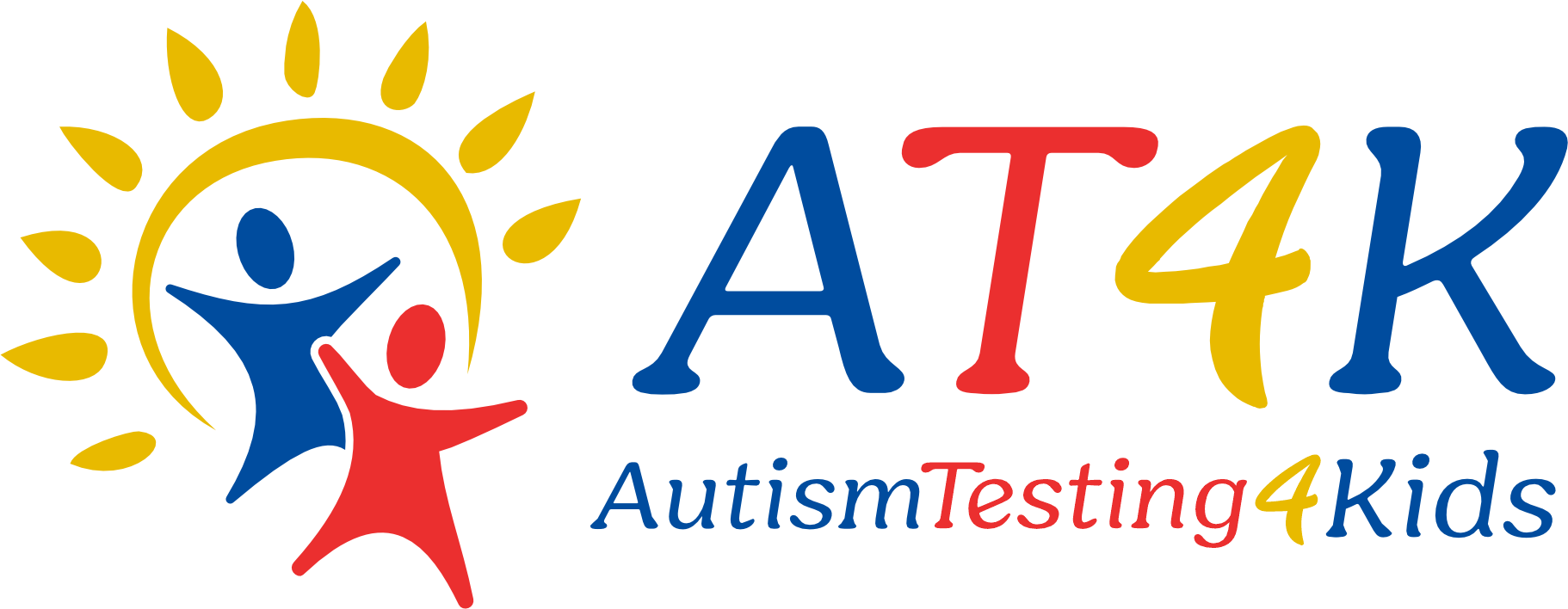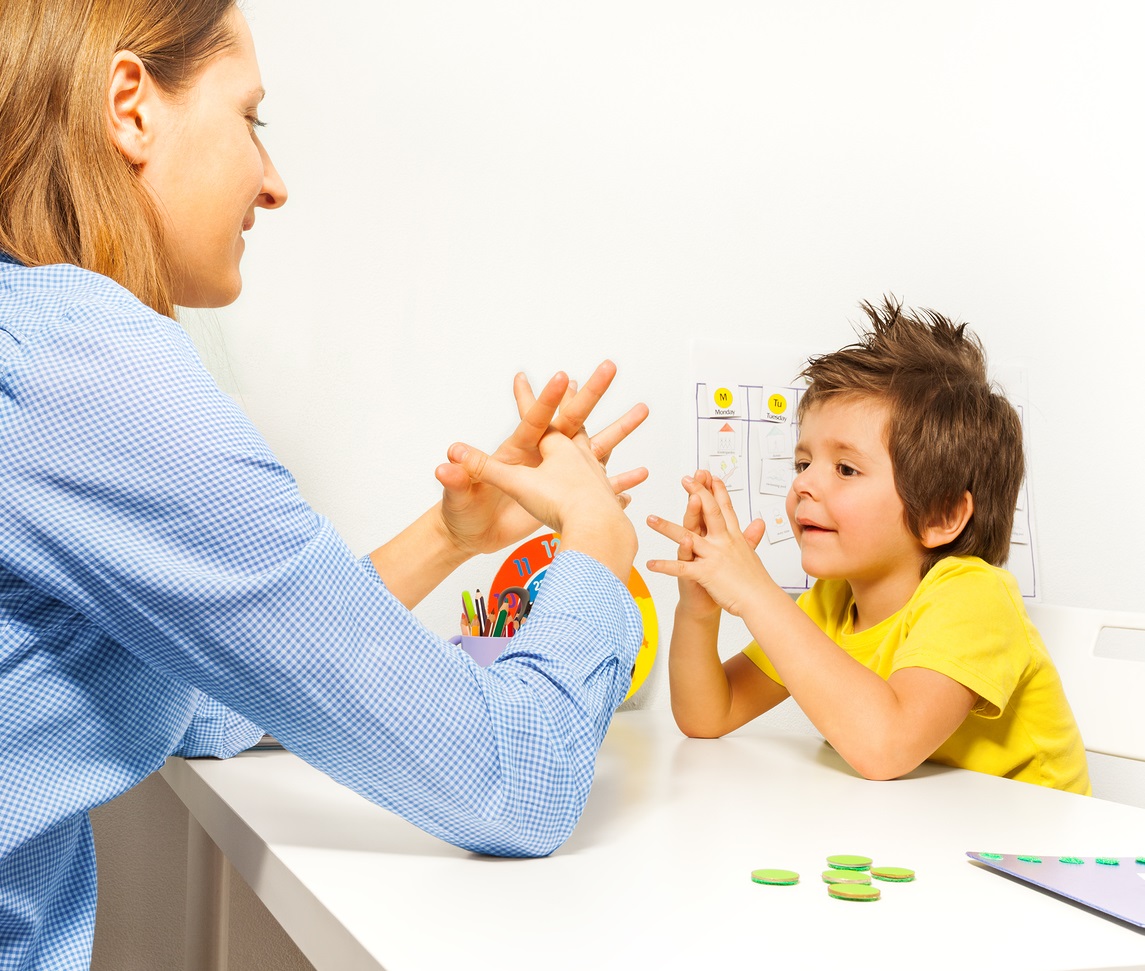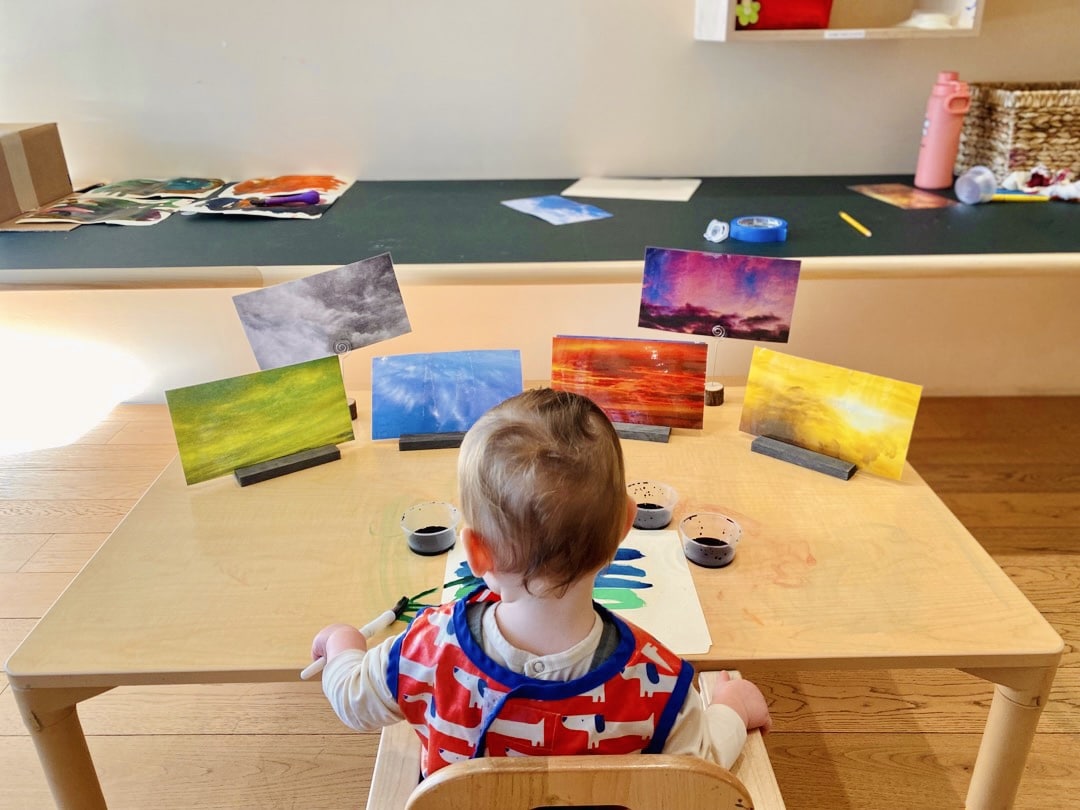Did you know that our brains process 11 million bits of information per second? That’s like processing several paragraphs in the blink of an eye! But for some young children with autism, this remarkable ability can be disrupted.
Understanding the connection between the two is crucial for parents and caregivers. It can help them support their children in understanding the world around them.
With that in mind, this guide explores how autism affects auditory processing in kids.
Understanding Auditory Processing Disorder
Auditory processing disorder (APD) affects how the brain interprets and understands sounds. Think of it as a puzzle where the brain has trouble putting all the sound pieces together correctly. This can cause some challenges in everyday life.
Kids with APD might have difficulty with sound sensitivity, especially with background noise. They may have trouble following conversations or understanding what other people are saying. It can also make it difficult for children with an autism spectrum disorder to pick up on subtle cues in speech.
APD often starts in childhood but can also affect adults with certain diseases or as they grow older. The tricky part is that children with APD don’t have actual hearing problems.
Instead, they struggle to process and interpret what they hear. It’s as if their ears work perfectly, but their brain has trouble making sense of the sounds.
Difficulty With Auditory Filtering
Children with autism often have a hard time managing the sounds around them. It’s like their ears pick up on everything, making it overwhelming. All the sounds seem to blend together, causing confusion and discomfort.
This difficulty with auditory filtering can affect their communication and learning. They may find it challenging to understand what others say, especially when noisy. It can also make it harder for them to concentrate and follow instructions.
Creating calm spaces can help an autistic child learn and communicate more effectively. Using visual cues along with spoken words can also make it easier for them to understand.
Common Issues Related to Auditory Processing in Children With Autism
Autism can affect auditory processing in a number of ways. Some children with autism and hearing loss may experience the following challenges.
Differences in How Sounds are Perceived
Children with autism may have difficulty perceiving sounds accurately. They may have trouble distinguishing between sounds or too sensitive to certain sounds. For example, they may be able to hear a very faint sound or be overwhelmed by loud noises.
Problems With Attention And Focus
Some kids may have difficulty paying attention to sounds. This can make it hard for them to follow instructions or understand what is being said.
Difficulty Filtering Out Background Noise
Children with autism may have difficulty filtering out background noise. This means that they may have trouble paying attention to a specific sound. For example, they may have trouble hearing a teacher talking in a noisy classroom.
Problems With Auditory Memory
Autism in toddlers may sometimes come with auditory memory problems. This means that they may have trouble remembering what they have just heard. It can make it hard for them to:
- Follow instructions
- Learn new words
- Understand the context of a conversation
Problems With Auditory Discrimination
Children with autism may have problems with auditory discrimination. This means that they may have trouble distinguishing between different sounds. For example, they may have trouble telling the difference between the words “cat” and “hat.”
How Can Auditory Processing Problems Affect a Childs’s Development?
Auditory processing problems can have a significant impact on a child’s development in various areas. Here are some ways in which these difficulties can affect different aspects of a child’s overall development:
Language Delay
Children with APD may have difficulty learning new words or understanding what others are saying. This can make it difficult for them to communicate effectively.
Social Communication Difficulties
Autistic children with APD also find it hard to understand the social cues that are important for communication. This can include tone of voice and body language. This can make it hard for them to interact with others.
Understanding the context of a conversation can be a challenge, making it hard to participate in group activities.
Learning Problems
Children with APD may have difficulty paying attention in class or understanding what they are being taught. They may also have difficulty following instructions, which can make it hard for them to complete schoolwork. This can affect their academic performance.
Behavior Problems
It’s not unusual for children with autism and audio disconnect to get frustrated or angry when they can’t understand what’s being said. This can trigger behavior problems, such as tantrums or aggression.
How Can Parents Help Their Child With Auditory Processing Problems?
It is important to note that not all children with auditory processing problems will experience all of these difficulties. The severity of the problems will vary from child to child. However, if you are concerned that your child may have auditory processing problems, it is important to talk to your doctor.
Your doctor can refer you to a specialist who can assess your child’s hearing and auditory processing skills. With early intervention, autistic children with auditory processing problems can make significant progress.
Here are some additional tips for parenting a child with autism that can help with auditory processing problems:
- Create a Quiet Learning Environment: This will help to reduce distractions and make it easier for the child to focus on sounds
- Use Visual Cues: For example, you could use gestures, pictures, or written instructions
- Break Down Tasks into Smaller Steps: This will help the child to stay focused and avoid becoming overwhelmed.
- Provide Lots of Repetition: This will help the child learn new information and skills
- Be Patient and Understanding: Children with auditory processing problems may need more time to process information and respond to questions
Suspect Auditory Processing Problems? Visit Developmental Pediatrics in Texas Today!
Auditory processing challenges are common in children with autism. But understanding how autism affects hearing in children is a great first step.
The second step is seeking professional help.
At Developmental Pediatrics in Texas, we specialize in helping ASD children live a full life. Contact us today to schedule an appointment and give your child the tools they need to thrive in every situation.




